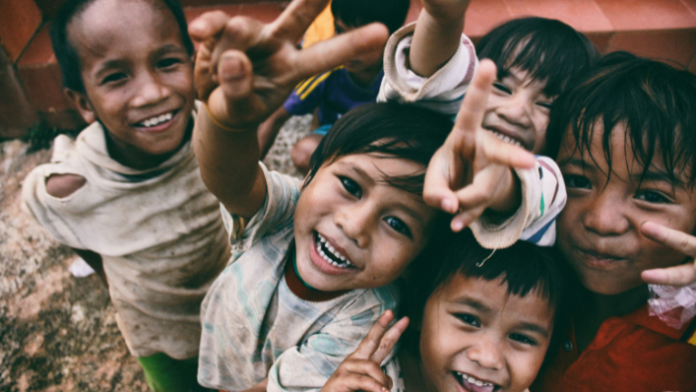A friend just asked a question which got me thinking down some heavy pathways. I’m going to try to get this down before it fades. I’ll need to connect some dots, so bear with me.
Living in Nicaragua made me less judgmental. That surprised me. I was extremely judgmental before I moved. I had a set of unrighteous behaviors and choices for which I judged those around me, friends and strangers alike. I knew I had a problem, but so did they have a problem! Look at all that unrighteous behavior!
My heart was ugly. Who knows, maybe I was right about their poor choices, but my anger and superiority were vile. Then I moved to Nicaragua. Then I became a missionary, a Jesus follower willing to leave his comfortable home and life to suffer for the Gospel and live in an impoverished nation without an air conditioner or a dryer. If pride is the root of being judgmental, you might predict I would become unbearable.
Instead, I crashed and burned. I slammed into culture shock, suffered heavy depression, failed in a whole slew of ways, and got way too near the edge for comfort. Instead of becoming more self-righteous, I came face to face with how we are, all of us, a bunch of train wrecks and disasters. No, some of us don’t realize it, but we all are. Grace is greater. Grace is greater than our train-wreckedness. Grace is greater than our unrighteous behaviors. Grace is even greater than our unbearable self-righteousness. Thank God.
I didn’t do nearly the good I had hoped to do, but I did some. I loved some people, far more feebly than I imagined I would. I didn’t change the world. I didn’t change the culture. But I learned this: We want, desperately, to see ourselves as good. But doing good costs much more than most of us are willing to pay, and being good? Oh, seriously. So we work out a very narrow, very circumscribed standard for our own goodness. This likely has nothing to do with God’s view of us. We just need to be acceptable in our own sight.
Jumping tracks now, but not really: Short-term missions. Short-term missions are a perfect example of both an opportunity to know Jesus and an opportunity to feel good about our own goodness. We can sacrifice for two weeks. We can get dirty and suffer inconveniences and image ourselves to be laying down our lives for the Gospel. I know, it sounds like I’m mocking short-term missions. I led eight of them. I believed in them. Because I went on them, my family and I moved to Nicaragua for seven years. I think we did certain things very well on our short trips. We loved some people, we built relationships, we did some good. I regret nothing. I saw lives changed and I saw God do miracles.
And here is the difference between visiting Nicaragua to “do” a mission trip and living in Nicaragua: you can’t keep up the image of yourself as good when you live there. It’s hard. It’s hot, nothing works the way you think it “should,” and there are tropical diseases. People drive crazily and risk not just their lives but yours and your children’s. Jesus is there, but not in the way you imagined. Jesus isn’t there leading you to become a hero. Jesus is there teaching you faith through a poor costurera who can’t do simple arithmetic but is more generous with her humble talents than you will ever be with yours.
Why do we want to go on mission trips to Honduras or El Salvador and help those poor children but we don’t want to let those same children fleeing for their lives come into our country?

